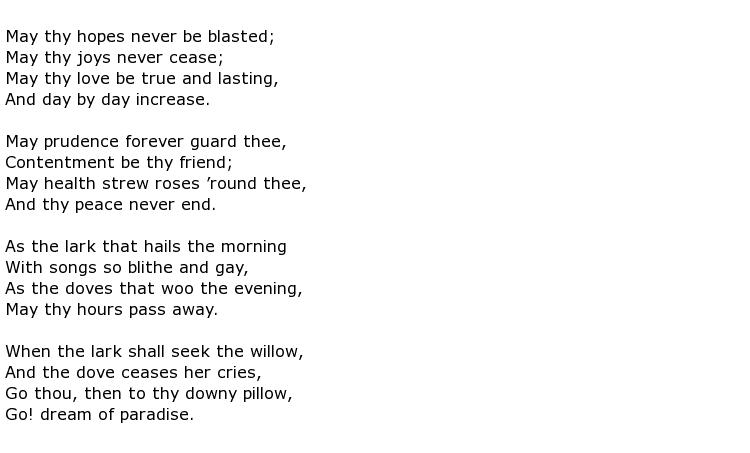 James Madison Bell was an African-American poet who lived at a turbulent time in the history of the United States, his life spanning three quarters of the 19th century and just spilling over into the 20th. He was actively involved in the growing movement to abolish slavery and his oratory and written words were powerful tools used in this struggle.
James Madison Bell was an African-American poet who lived at a turbulent time in the history of the United States, his life spanning three quarters of the 19th century and just spilling over into the 20th. He was actively involved in the growing movement to abolish slavery and his oratory and written words were powerful tools used in this struggle.
He was born on the 3rd April 1826 in Gallipolis, Ohio. He had little opportunity to enjoy an education and his first job was working as a plasterer where he was in partnership with his brother in law working in Cincinnati. They were very good at it and won several prestigious contracts. He worked hard to rectify what he had missed out on at school by attending evening classes at the Cincinnati High School for Coloured People. In some of his lessons he heard about the ever-expanding abolitionist movement and had a hunger to learn more.
He married in 1847 and his wife Louisiana bore him seven children. He did not have a chance to make a political mark on things until the family moved to Canada in 1854, setting up home in Chatham, Ontario. This was one of the prominent stops on the so-called “Underground Railroad”, a means for escaping slaves to flee from the United States to freedom in Canada. He soon came across the insurrectionist John Brown whose actions, especially the raiding of the armoury at Harpers Ferry in 1859, were contributory factors in the country going into all out civil war. Bell was on the move again in 1860 where he took his civil rights campaigning to San Francisco. His poetry was becoming popular and history shows that he was one of the best known black poets of that century.
Much of his work, understandably, was about conflict and social injustice. Examples of this type of poetry include Poem (about the assassination of Lincoln, 1865), The Day and the War (1864) and The Triumph of Liberty (1870). Yet he didn’t write exclusively about such subjects. Take for example A Bridal Toast which was a romantic poem, presumably intended for recital at a wedding, though whose wedding is unknown. The poem is reproduced here:

Bell was on the move again, returning to Cincinnati where more work was needed in his anti-slavery campaigning. He stood up in front of often hostile audiences to speak very convincingly about the subject. He read out his poem The Day and the War at a well-attended gathering at Platt’s Hall, in Cincinnati in January 1864. The gathering was in celebration of the first Anniversary of President Lincoln’s Emancipation Proclamation. His poem was dedicated to his late friend John Brown who had, by now, been executed for his crimes, in particular the raid on the federal arsenal at Harpers Ferry.
There was time for church activities in Bell’s busy schedule and he was appointed superintendent of the African Methodist Episcopal (AME) Church Sunday School in 1870. He held the post for three years. He lost his wife and the oldest of his sons in 1874 and he decided to move his family on again, this time settling in Toledo, Ohio. He still carried on with his public speaking and, in 1901, he arranged the publication of some of his best work under the title The Poetical Works of James Madison Bell.
James Madison Bell died in Toledo at the age of 76, sometime during the year 1902. His constant campaigning and incessant travelling must have eventually caught up with him.

